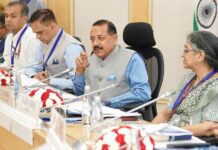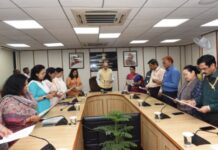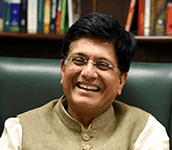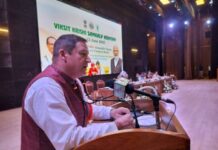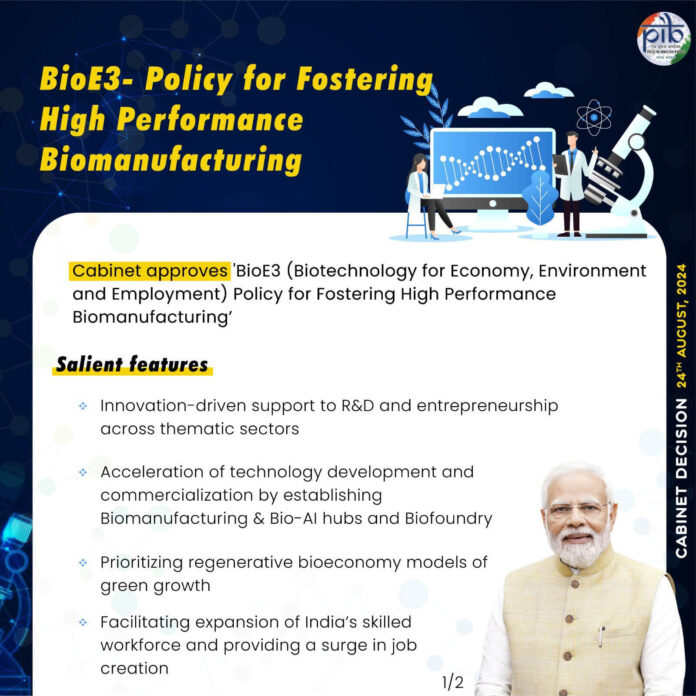The webinar provided a platform for academia, industry leaders, start-ups, and researchers to discuss advancements as well as opportunities in sustainable and regenerative agriculture. The discussions underscored the growing importance of climate resilience in Agriculture to sustain yields, improve quality while safeguarding the environment and ensure safe food for our future generations. The entire value chain starting from production, processing, consumption and waste management needs to be revamped to acquire maximum efficiency reduce wastage.
Dr. Vaishali Panjabi, Scientist ‘F’, DBT, emphasized that the BioE3 Policy’ vision is to galvanize high-performance bio manufacturing for sustainable green growth. She stated that the BioE3Policy will position the country as a leader in biotech led solutions for the critical challenges in diverse sectors and set country towards a sustainable future, a profitable economic milieu while safeguarding environment. She informed that the fifth webinar in this series focuses on building climate resilience in the Agriculture sector, a critical vertical under the policy, stating, “Agriculture embodies the spirit of human survival, yet it is both a significant contributor to climate change and deeply vulnerable to its impacts. This dual challenge calls for urgent and renewed efforts to explore sustainable, biotechnology-driven solutions that can transform the sector—ensuring we meet global food and feed demands, reduce environmental impact and drive India’s bio economy.”
Dr. Sumita Kumari, Scientist ‘D’, DBT, provided an overview of the thematic sector, discussing the applications and potential of bio manufacturing in transforming Agriculture sector in the country. She highlighted the role of sustainable practices and disruptive technologies in harnessing the rich bio resources diversity within the country for embedding climate resilience in agriculture.
Dr. Gopaljee Jha, from the Plant microbe interactions lab at NIPGR, New Delhi, delved into how India can leverage its vast bio resources pool to develop bio-based solutions for sustaining agriculture production systems amidst changing climate. He outlined strategies to catalyze indigenous solutions for improving plant productivity through microbial and plant systems, scale up manufacturing capacities, and leverage advanced technologies like synthetic biology and AI/ML to enhance microbial chassis for novel bio protectants, bio stimulants and bio fertilzers for sustaining plant yields.
Dr. Renuka Diwan, Co-founder and CEO, Bioprime Agri solutions Pvt Ltd., presented an industry perspective on the bio manufacturing requirements for building climate resilience in agriculture. She discussed the various facets of sourcing raw material, standardization, process optimization and yield enhancement. Dr. Diwan also highlighted how the BioE3 Policy is fostering an enabling environment for long-term growth and global competitiveness in the Agriculture sector. She also highlighted the technology requirements for bio manufacturing scale-up and importance of financial support channels & incentives to steer these efforts.
The session concluded with a vibrant Q&A segment moderated by DBT and BIRAC officials. Participants actively engaged with the experts, discussing challenges and opportunities in bio manufacturing for climate resilience and addressing regulatory considerations.






